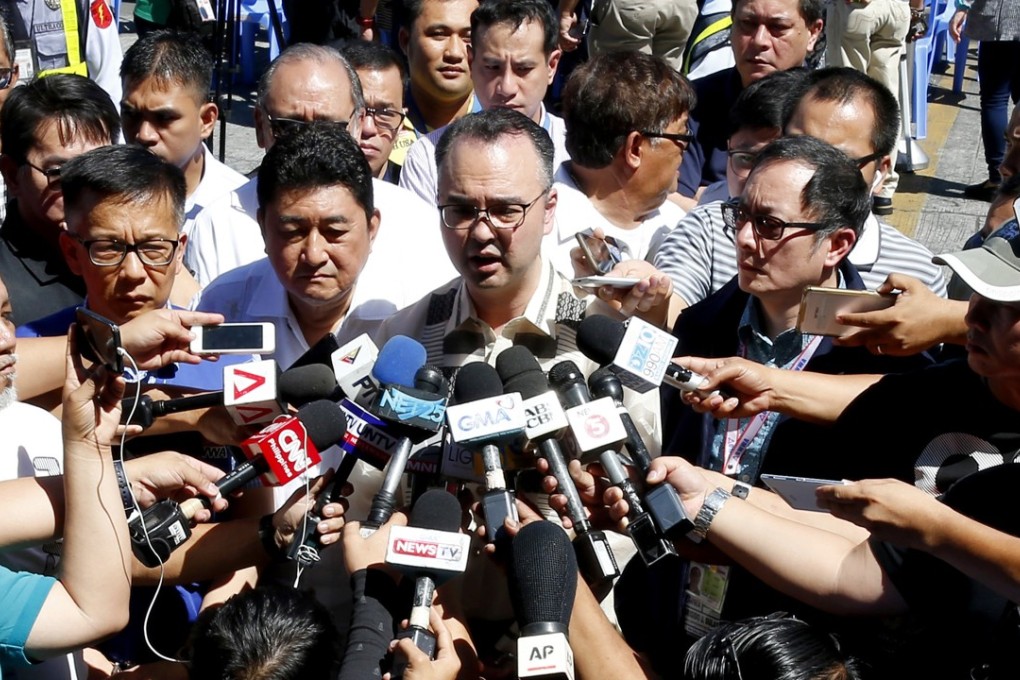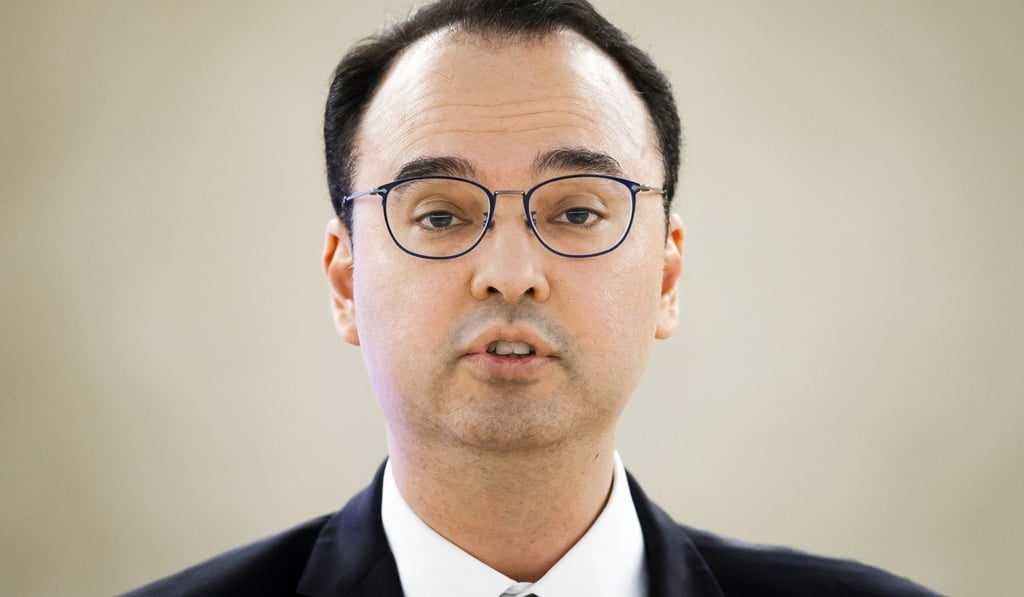Do not ‘weaponise’ human rights, Philippines warns UN

The Philippines’ top diplomat warned the United Nations on Tuesday not to “weaponise” human rights and urged it to send an impartial investigator to assess President Rodrigo Duterte’s deadly anti-drug war.
The Philippines’ human rights record was raised at a UN Human Rights Council meeting in Geneva this week, with Iceland Foreign Minister Gudlaugur Thor Thordarson urging Manila on Monday to accept a visit from the UN Special Rapporteur.
Duterte was elected by a landslide in 2016 largely on a pledge to kill tens of thousands of criminals, and has presided over a narcotics crackdown that some rights groups claim amounts to crimes against humanity.
Foreign Secretary Alan Peter Cayetano told the council on Tuesday that Manila was ready to cooperate, but called for fairness.

“Send anyone except one who has already prejudged us, and who, by any measure, cannot be considered independent and objective,” Cayetano said. “Let us in this regard take to heart our secretary general’s warning yesterday not to politicise – may I even say weaponise – human rights,” Cayetano said.
Philippine police said they have killed 4,021 drug suspects who resisted arrest, while human rights groups claim it’s more.